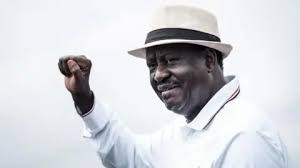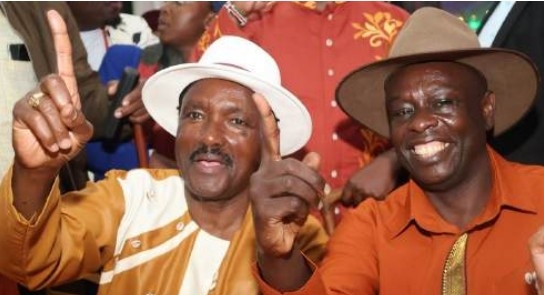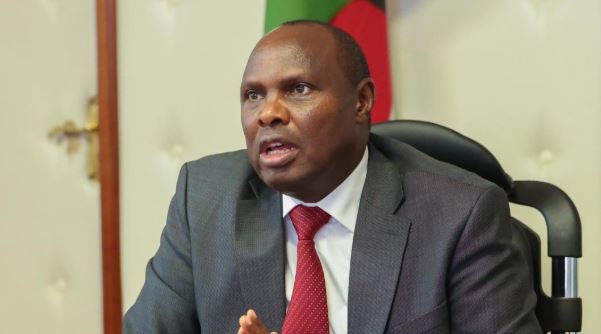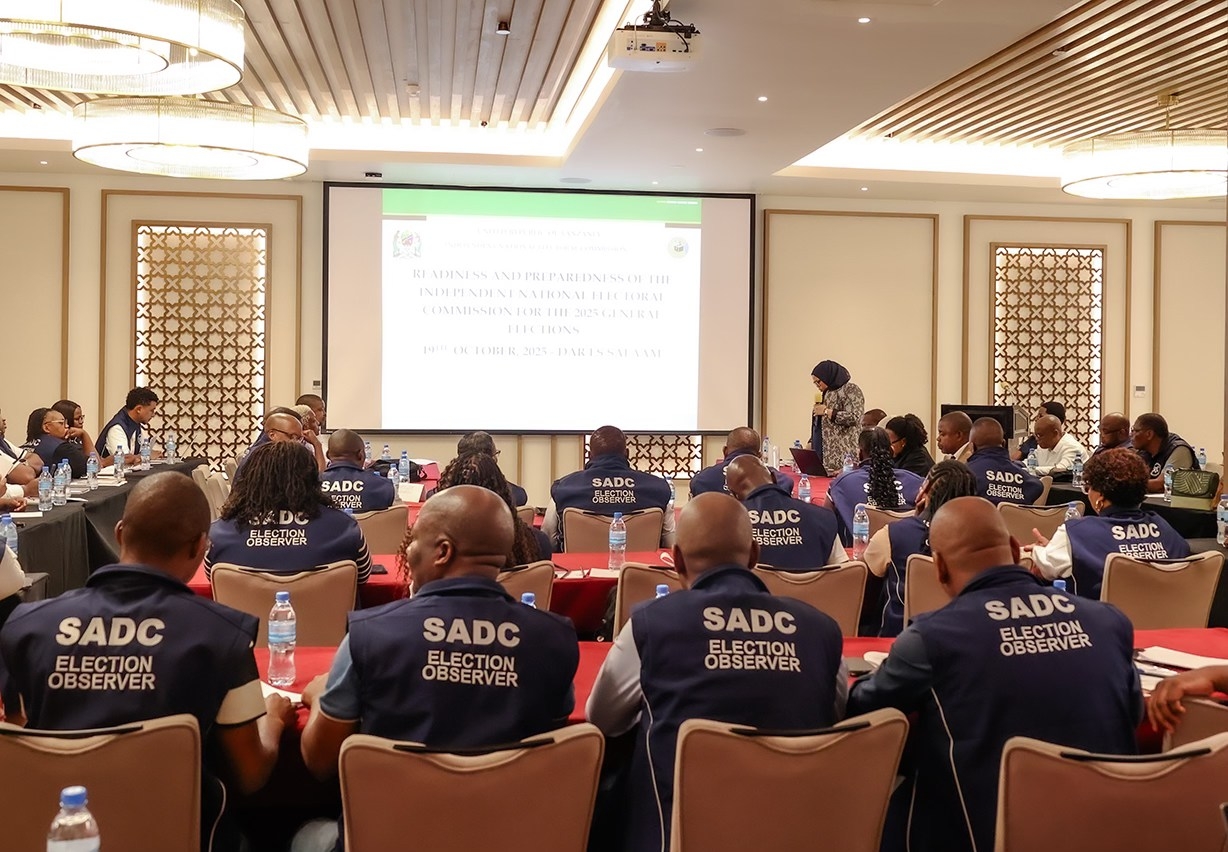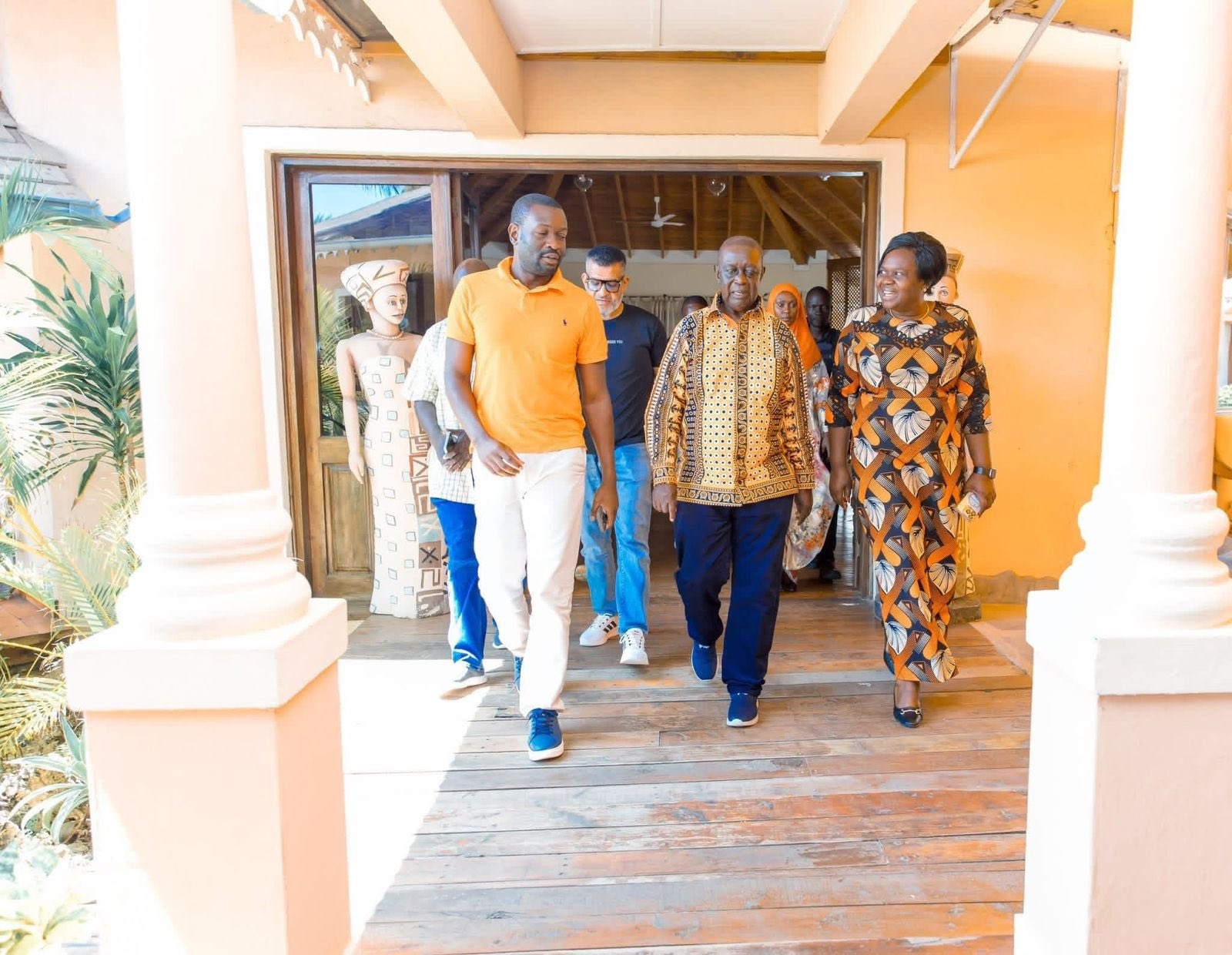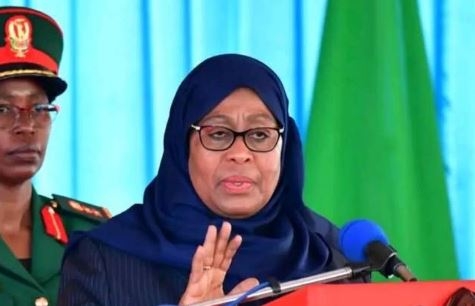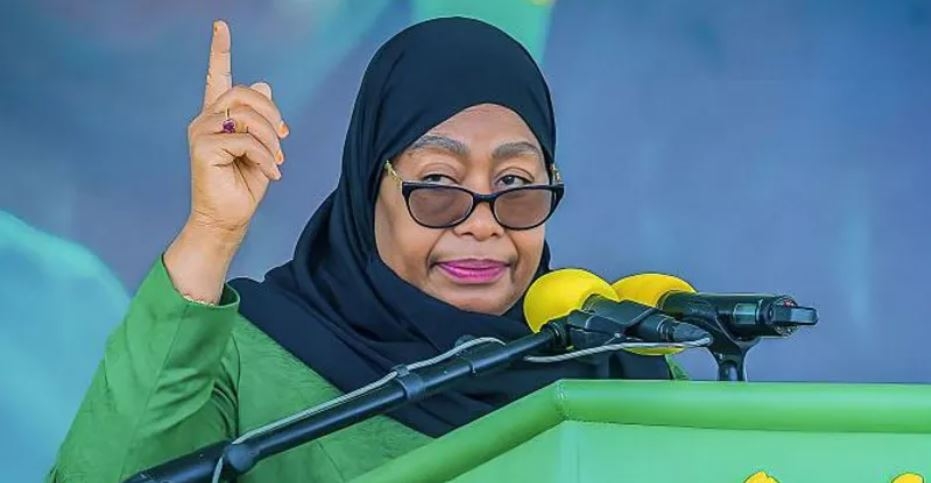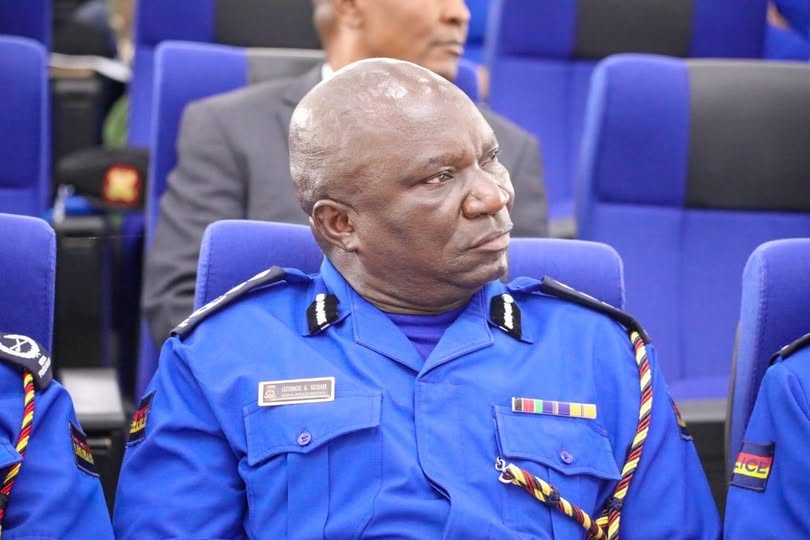
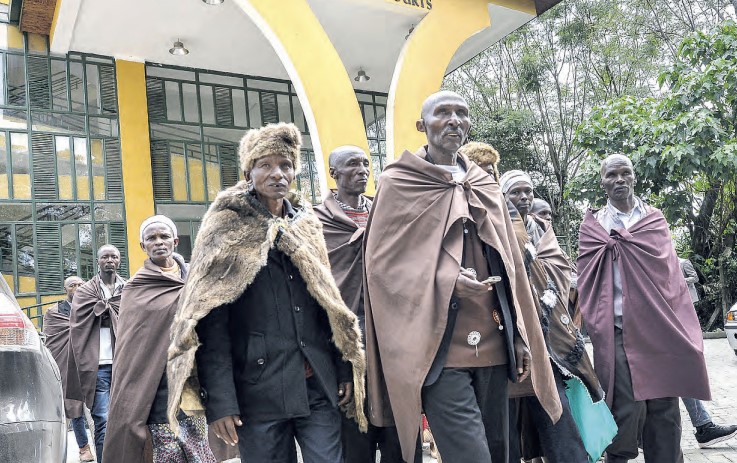
The Constitution envisages that women, minorities, marginalised communities and persons with disabilities must be included in society and properly represented in government.
I belong to the school of thought that believes the things Kenyans put in the Constitution can be achieved - and must be achieved.
Our Constitution is built on the lessons of the past, acknowledgement of the present and a demand for a glorious future. It established two pathways to achieve representation. The first is by passing laws.
The second is by “other measures”.
That term is used on purpose to promote participatory governance and enable this society to determine what further measures we think should be taken from time to time. Participation is a core part of the Kenyan democracy experiment.
Other ways the state can achieve representation include education, persuasion and incentives, as well as by practices that do not require a law change.
Representation of women
The state must take legislative and other measures to implement the principle that not more than two-thirds of the members of elective or appointive agencies must be of the same gender (Article 27( 8 )). We have not realised this fully.
The National Assembly has 82 women, elected and nominated, but the constitutional minimum (onethird of 249 ) is 117.
The Chief Justice is currently dealing with petitions filed to have her advise the President to dissolve Parliament.
The last Chief Justice advised the President to dissolve that Parliament for the same reason, but that advice was ignored – although the Constitution requires him to follow it.
The voters are playing their part. IEBC data shows that in 2022, women candidates won in 10.6 per cent of the positions up for election.
Seven out of 47 governors were elected: 15 per cent of the total. In the Senate 31.3 per cent of members are women – mostly due to the 18 “list” (or nomination) seats earmarked for women.
Retention was also high, with 15 out of 23 women MPs being voted back, representing a 65 per cent retention rate (the overall retention rate, men and women, was 44 per cent).
In the county assemblies, the topup seat system means the two-thirds gender rule is guaranteed.
The reality for county appointive positions is different.
In April 2023, the National Gender and Equality Commission (NGEC) issued a report showing 12 counties had violated constitutional provisions on gender representation in appointments to senior positions, particularly the county executive committee members.
This is partly due to counties calculating one-third, ignoring the fact that the governor and deputy are members of the county executive.
With such an inability to keep to the constitutional minimum, one wonders how such entities can take “other measures”.
Where this happens, courts have been firm in setting aside those appointments.
Our country today is much poorer because, in more ways than one, we have failed women and denied them the opportunity to contribute their intellect and perspectives in building a more prosperous Kenya.
This trend also affects other domains of inclusion and diversity such as youth, persons with disabilities, minorities and marginalised groups suffering a similar or worse fate.
Persons with disabilities
Persons with disabilities are severely under-represented. Article 54( 2 ) of the Constitution requires at least five per cent of the representation in elective and appointive bodies is reserved for persons with disabilities. Six hundred candidates with disabilities vied in 2022.
Voters elected a few to the National Assembly and to some of the 47 county assemblies but the five per cent constitutional minimum has not been met.
Twenty-one county assemblies had none, even after the nomination exercise added representatives of excluded groups.
In February 2024, the Parliamentary Committee on National Cohesion and Equal Opportunity issued a report exposing the representation of persons with disabilities in public institutions.
The average percentage of persons with disabilities in the 40 institutions reviewed was at only 2.1 per cent, less than half what the Constitution demands.
Only one of those institutions had achieved the threshold.
This is unacceptable. How many governors have a disability as a consideration in their budgeting process?
A 2021 Inclusive Futures report tracked budgetary allocations for persons with disabilities in county budgets in Kakamega, Vihiga, Bungoma, Trans Nzoia and Vihiga. Vihiga was the highest with 0.1 per cent of the budget allocated to disability issues, with Bungoma trailing at 0.02 per cent.
Vihiga had the highest number of departments with disability-inclusive budget lines (eight), while the other counties had between one and three departments.
Minorities and marginalised groups?
Article 56 of the Constitution requires affirmative action programmes designed to ensure minorities and marginalised groups participate and are represented in governance and other spheres of life.
Marginalised groups are those who suffer from past discrimination.
“Minorities” are not defined and they will vary from situation to situation. In the counties, tribe is a huge factor in the distribution of appointive positions. Minority communities are likely to be denied opportunities in favour of the dominant tribe.
Two recent experiences have impacted how I look at this matter.
Article 7( 3 ) mandates that diversity of languages and use of indigenous languages should be promoted.
I met a Gen Z county employee in the accounts division. Having grown up in Nairobi, the grasp of his mother tongue is shaky; he can understand it, but struggles speaking it.
Being in a frontline role, he was constantly running into members of the public seeking county services. Many of them, especially the older generation, preferred to use the local language, his mother tongue.
He was encountering difficulties communicating with them and his solution was to work on his comprehension and speech to bridge the gap. There is a benefit to having local language speakers in these roles.
Then, as lawyers, we attend open court sessions, especially in stations outside urban centres.
Here, you get first-hand experience of the difficulties courts sometimes face when the litigants or, often, accused persons, do not understand English or Kiswahili, the official court language. Luckily, the presence of a court assistant or a registry staff member who speaks the language enables the court and the litigant to communicate without barriers, thus advancing the rule of law. Diversity creates a benefit.
However, if appointments are made solely based on (majority) tribe, those who find themselves as a minority tribe in those counties will be denied appointments for having the wrong surname.
Tribe being the sole criteria for appointment violates Kenya’s anti-discrimination laws.
Kenya’s supreme law celebrates our diversity, but it does not celebrate the use of that diversity as a tool of oppression to deny others a chance in nation-building.
Appointing authorities must uphold the constitutional standard that ensures representation of all groups.
The June “Occupy” protests should
open our eyes to how seriously Kenyan citizens take the implementation
of the Constitution.





